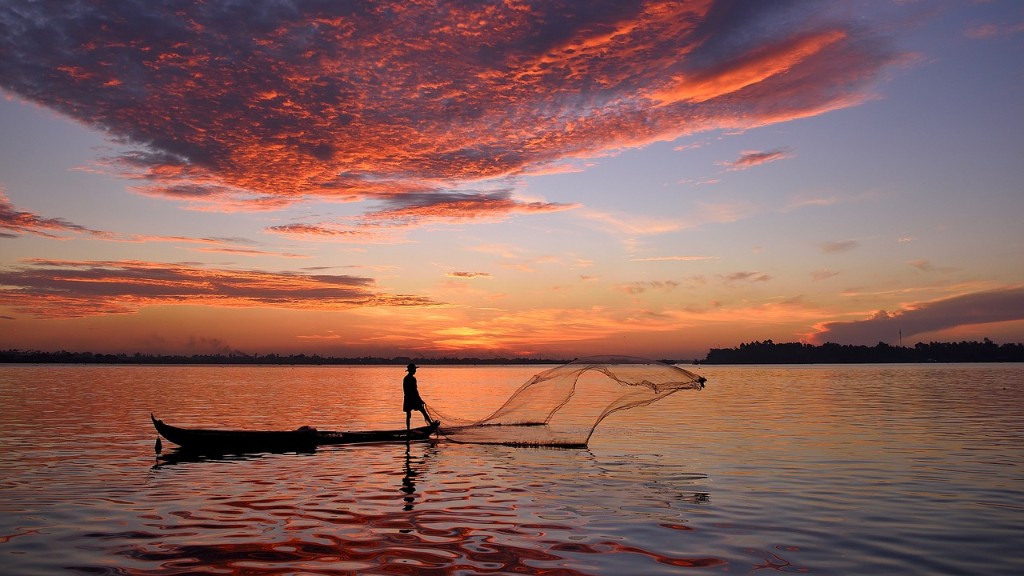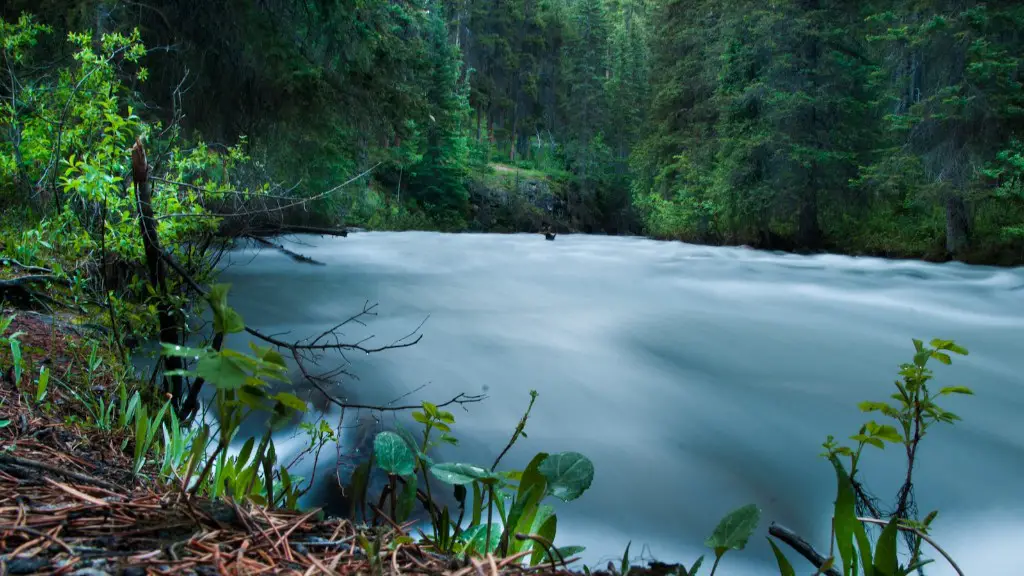The Mississippi River is one of the most famous rivers in the world. It is the fourth longest river in the world and the largest in the United States. The Mississippi River is home to a rich diversity of wildlife and plant life, including several endangered species. The river also supports a vibrant economy, providing shipping and transport services and a range of other activities that employ thousands of people.
The Mississippi River is currently facing a number of challenges due to human activities, including pollution and poor land management practices. Over-fertilization of agricultural land has resulted in an excess of nutrients and sediments washing into the river. This has resulted in a decrease in water quality, increased algal blooms, and the loss of fish and other wildlife. Other concerns include erosion due to human activities along the riverbanks and the spread of invasive species.
Pollution Challenges
Pollution is one of the biggest threats to the Mississippi River. Industrial and agricultural runoff, combined with urban stormwater, has resulted in the river being contaminated with a range of pollutants, including heavy metals, pesticides, and nutrients like nitrogen and phosphorus. These pollutants can have serious impacts on the health of the river and its wildlife, and can also reduce the quality of drinking water from the river.
According to the US Environmental Protection Agency (EPA), the Mississippi River is now the most polluted river in the US. The EPA also warns that the majority of the river’s pollution originates from urban and agricultural sources in the Midwest, calling for stronger measures to address the growing problem.
Loss of Habitat
Habitat loss is another major problem facing the Mississippi River. One of the most significant threats is unsustainable development along the riverbanks. Urban sprawl, construction of homes and industrial sites, and land conversion for agricultural purposes are all contributing to the disappearance of valuable habitat. As a result, many of the river’s fish, birds and other wildlife species are facing increasing challenges.
The Mississippi River’s wetlands are also under threat. They are vital for providing food and shelter for wildlife, and their destruction is impacting the river’s overall health and the ability of fish to spawn and reproduce.
Water Safety
The pollution of the Mississippi River is also having an impact on the quality of drinking water in the region. Since the 1950s, the river has been used as a source of drinking water for many towns and cities along its banks. However, the increasing levels of pollution have reduced the quality of the water, causing health problems for people relying on the river for their drinking water.
Preservation Initiatives
There are a number of initiatives in place to protect the Mississippi River and its wildlife. Federal and state agencies are working together to reduce the pollution in the river and restore valuable habitats. One of the most important initiatives is the Mississippi River Basin Allocation Program, which provides funding to states to implement conservation and land-use practices.
The US Army Corps of Engineers is also carrying out projects to improve the health of the river. These include channel improvements, dredging, and the construction of levees and other flood control measures.
Impact of Climate Change
Climate change is having a profound impact on the health of the Mississippi River. Rising global temperatures are causing the river to become more contaminated with pollutants, as well as increasing the frequency and severity of flooding. The rising temperatures are also resulting in the water level in the river to rise, leading to habitat loss and reducing the river’s ability to support fish and other wildlife species.
Conclusion
The Mississippi River is facing a number of significant challenges due to human activities and the effects of climate change. However, with increased awareness of the issues and improved conservation practices, there is hope that the river can be restored to its former glory. Only time will tell if these efforts will be successful, but for now, the importance of preserving this unique and essential resource cannot be underestimated.

